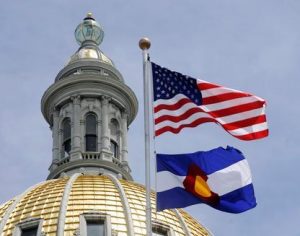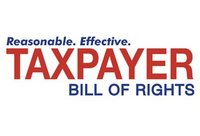Study: Colorado has sixth lowest tax burden in U.S.

jackanerd | Shutterstock.com
Colorado’s state and local tax burden was the sixth lowest in the U.S. in fiscal 2016, according to a recent report produced Key Policy Data (KPD), a joint venture between Public Choice Analytics and Visigov.
The report relies on an income-based analysis dividing the state’s total tax collections by its private sector personal income. The national average using this methodology was an overall local and state tax burden of 14.3 percent of income; Colorado’s was 11.8.
KPD compared the burden of tax systems across states by measuring tax collections against the size of the economy. It defines this as the “total private sector share of personal income, which is personal income minus government compensation and personal current transfer receipts” such as Social Security, Medicare and Medicaid.





